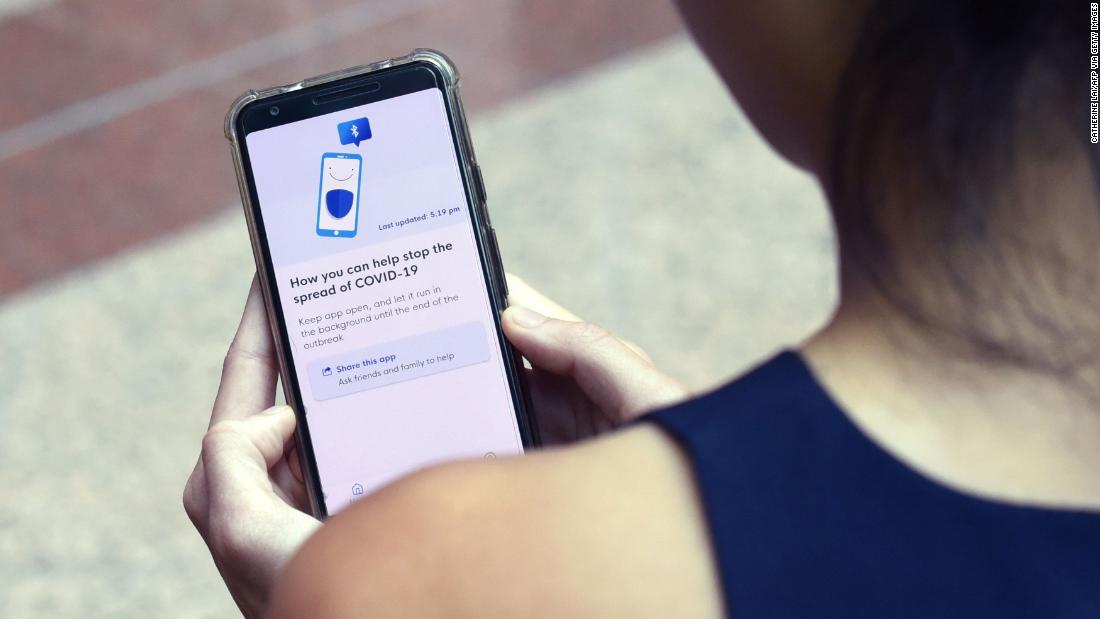
“In our model, minimizing testing delays had the greatest impact in reducing virus transmission, and therefore the testing infrastructure is the most critical factor in the success of a contact tracking system.” Marc Bonten, who helped direct the study, said in a statement. .
Tracking contacts is considered the gold standard for fighting an infectious disease epidemic, but it requires evaluating all people who may be infected, isolating those who are, and then locating other people who may have infected and testing and isolating or quarantine them.
According to these researchers, for these efforts to actually reduce the spread of the virus, three things must happen. First, tests should be done the day a person develops symptoms. Second, contacts should be tracked from the day the test results return. And third, there must be 100% follow-up coverage.
With a test delay of more than three days, even the perfect contact trace could not prevent the spread of the virus from accelerating.
The researchers considered both conventional and application-based contact tracking methods. Due to their speed, application-based tracking methods were more effective than conventional methods, even with lower contact coverage.
In fact, the app’s technology could prevent viral spread from accelerating even with a delay of up to two days, provided there is 80% coverage of testing and tracking.
Once the test delay extends to five or more days, application tracking “adds little effectiveness to conventional contact tracking or simply isolating symptomatic cases,” the researchers wrote.
“This study reinforces the findings of other modeling studies, showing that contact tracing can be an effective intervention to prevent the spread of the SARS-CoV-2 virus, but only if the proportion of tracked contacts is high and the process is rapid. Our study builds on this to show, in detail, what role each step plays in the process to make this approach successful, “Mirjam Kretzschmar, one of the study’s lead authors, said in an attached press release.
Experts who were not involved in the study agreed that rapid tests are essential to the success of contact tracing.
Dr. David Bonsall, a senior scientist and clinician at Oxford University’s Nuffield Department of Medicine, who was not involved in the research, said the findings are consistent with other research that has been done.
“We agree that manual tracking efforts should also aim to return test results within 24 hours, and quickly track people after that,” it said in a statement.
However, for contact tracing to work, people must be alerted before infecting others.
“The high rates of pre-symptomatic transmission require that the total delay, from onset of symptoms to follow-up of contact, does not exceed 48 hours,” Bonsall said.
Louise Ivers and Daniel Weitzner, of the Center for Global Health and Massachusetts General Hospital, said they had concerns about relying on apps to help trace contacts.
“This is not to say that mobile applications are not promising, but they have not been tested as a public health intervention,” Ivers and Weitzner wrote in a comment accompanying the study.
.